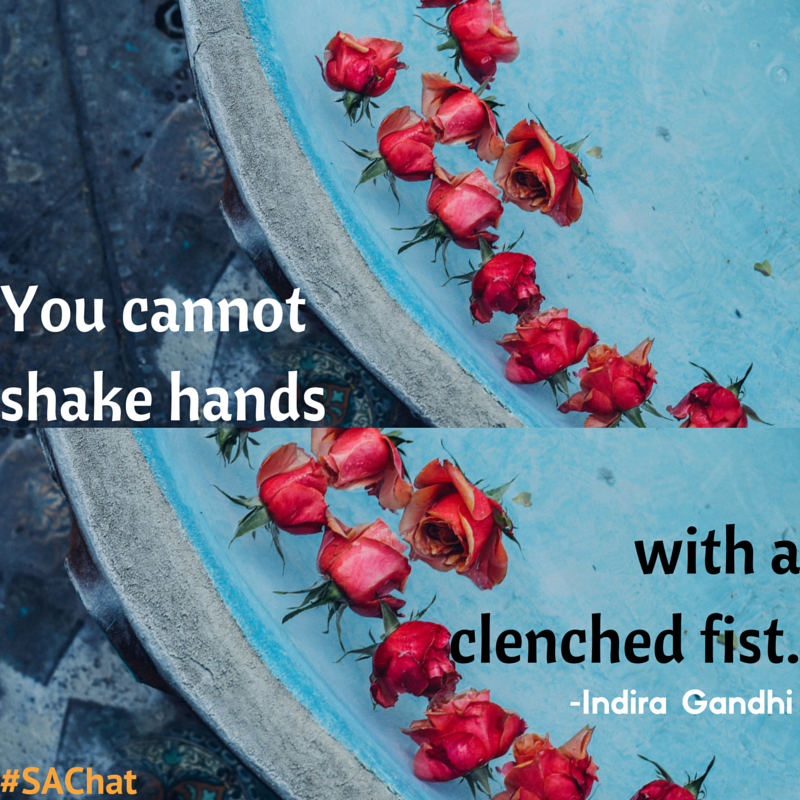Instead of writing this blog post, I had an accidental extended conversation about politics and other heavy topics with the people in my office. A year ago, I probably would not have engaged this much in this conversation. I tend to have a very different opinion on most things than the surrounding community. It’s always been like this, and I am fine with that. But, it also caused me to keep myself quiet, and not share my feelings or thoughts.
Lately, have been able to become more sure of my own stances, and more sure that I know how to eloquently speak about them. I am also not afraid to say something wrong. I know I will, I am human.
My point is – If the people around me hadn’t made me feel comfortable and respected, I couldn’t have spoken up. I am lucky that Tom (SK’s CEO) very much appreciates my opinions, even when they differ from his own. As he said once, “at the end of the day, we are both good people.” I have great respect for Tom, and he has great respect for me. We are good friends and effective and productive colleagues. The people who sit around us are also good friends.
Because I know that everyone here knows me, and knows what kind of person I am, I know that I will be heard. Even if I am not agreed with, I have been given the confidence that a difference in opinions and experiences does not need to extend to our personal friendly relationship.
As we build culture, a few tenants need to be created and fostered among the members:
– Everyone is respected as a human being with dignity, period.
– You don’t ever have to agree with someone else, or concede with something you feel is wrong. But you still have to treat them kindly.
– No one is ever all right or all wrong, and most likely, all opinions come from good intentions. (Sometimes people are attempting what’s bad, but that’s a whole other discussion. I am assuming we are talking about well-meaning people here.)
– Arguing a point is okay; attacking a person is not. Not only is it mean, it’s ineffective in a debate.
How are you creating this culture of healthy discussions in your community?
